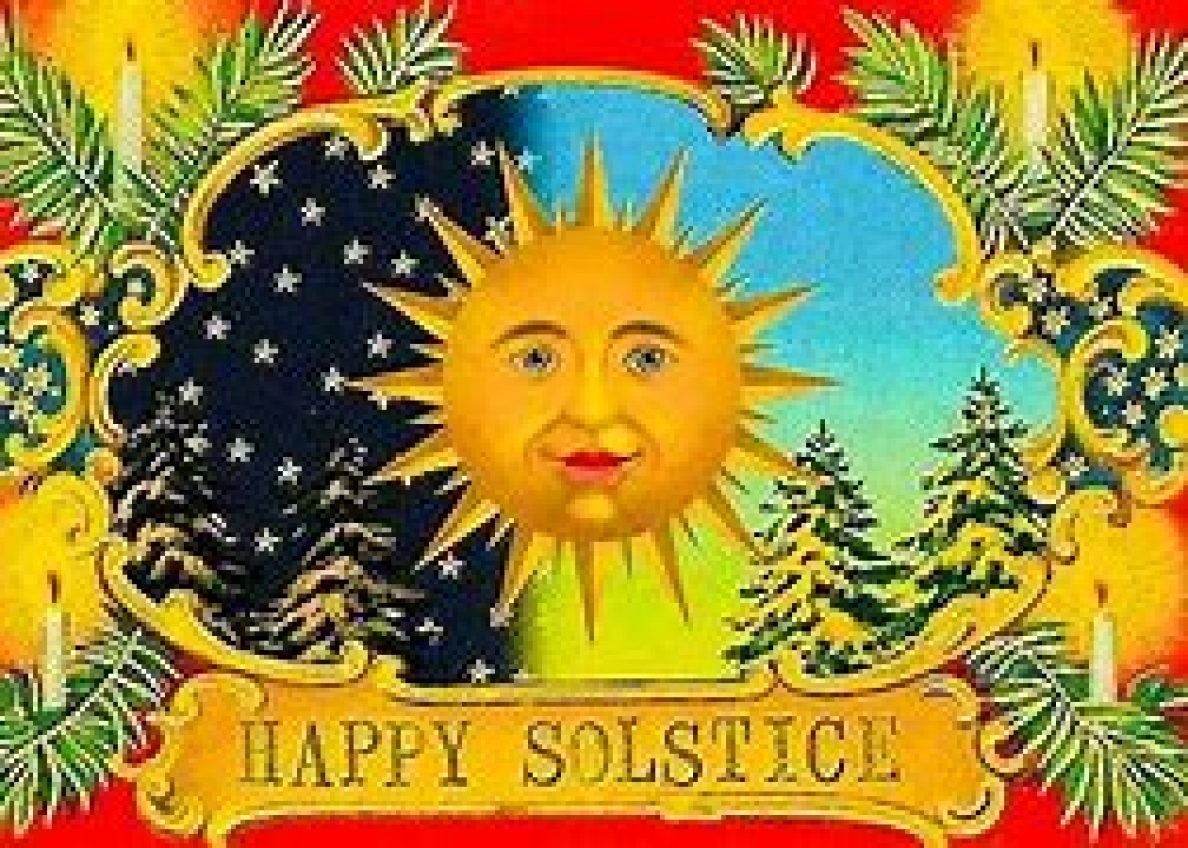
Thursday
Jupiter’s (Thor’s) day
The name is derived from Old English and Middle English Thursday (with loss of -n-, first in northern dialects, from influence of Old Norse Þorsdagr) meaning “Thor’s Day”. Thunor, Donar (German, Donnerstag) and Thor are derived from the name of the Germanic god of thunder, Thunraz, equivalent to Jupiter in the interpretatio romana.
In most Romance languages, the day is named after the Roman god Jupiter, who was the god of sky and thunder. In Latin, the day was known as Iovis Dies, “Jupiter’s Day”. In Latin, the genitive or possessive case of Jupiter was Iovis/Jovis and thus in most Romance languages it became the word for Thursday: Italian giovedì, Spanish jueves, French jeudi, Sardinian jòvia, Catalan dijous, and Romanian joi. This is also reflected in the p-Celtic Welsh dydd Iau.
The astrological and astronomical sign of the planet Jupiter is sometimes used to represent Thursday.
Since the Roman god Jupiter was identified with Thunor (Norse Thor in northern Europe), most Germanic languages name the day after this god: Torsdag in Danish, Norwegian, and Swedish, Hósdagur/Tórsdagur in Faroese, Donnerstag in German or Donderdag in Dutch. Finnish and Northern Sami, both non-Germanic (Uralic) languages, uses the borrowing “Torstai” and “Duorastat”. In the extinct Polabian Slavic language, it was perundan, Perun being the Slavic equivalent of Thor.
There are a number of modern names imitating the naming of Thursday after an equivalent of “Jupiter” in local tradition. In most of the languages of India, the word for Thursday is Guruvar- var meaning day and guru being the style for Bṛhaspati, guru to the gods and regent of the planet Jupiter. In Thai, the word is Wan Pharuehatsabodi—referring to the Hindu deity Bṛhaspati, also associated with Jupiter. En was an old Illyrian deity and in his honor in the Albanian language Thursday is called “Enjte”. In the Nahuatl language, Thursday is Tezcatlipotōnal meaning “day of Tezcatlipoca”.








